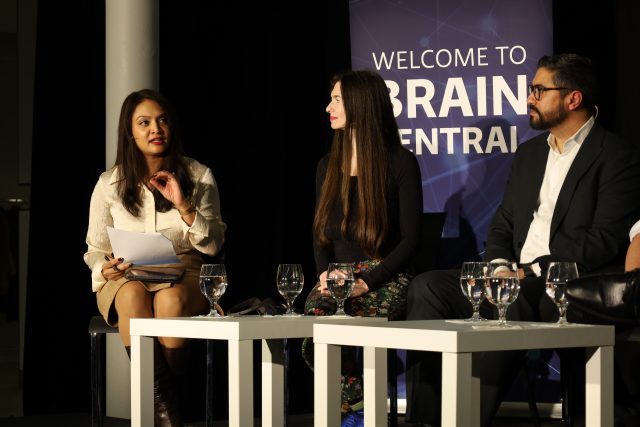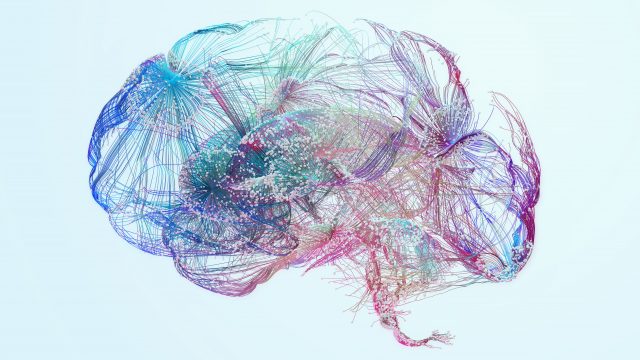Research in the 21st century is remarkably different than it has been in any previous era. This is especially true in the world of brain research.
The complexity of brain disorders pose a unique challenge, unlike those previously faced. That challenge being, how to investigate the brain’s disorders while simultaneously trying to understand how the brain works. Add this to the sense of urgency created by the increased number of people living with brain disorders, and the scale of the challenge multiplies.
But there is also reason to be hopeful.
The advances in biomedical technology, namely brain imaging and next generation genomic sequencing, are permitting us to look deeply into the brain and also investigate the influence of our genetic blueprint. As a result we can collect an abundance of data. We benefit from massive increases in not just the amount of data generated, but also the complexity of this data. There is great potential for this data to generate new insights into health and disease, spur new research, and yield better health.
What does all this mean for the Ontario Brain Institute (OBI) and other organizations that fund and support research?
For OBI, it creates an opportunity to observe this changing landscape and redefine our approach to brain research in Ontario. OBI was not set up to just fund more research. We challenged ourselves, and our network of stakeholders, to embark on a different approach to brain research and innovation. In this newsletter, I am pleased to share a few examples of how we are helping Ontario navigate this changing landscape. These examples illustrate how together we are addressing the need for collaboration among researchers, undertaking patient-oriented research, commercializing that research, and ensuring we involve the public in our progress.
Given the advances in our ability to measure the brain, there are mountains of data generated. It is impossible for a single investigator to have the expertise, or ability, to analyze it all. Therefore, we are witnessing a shift from an era of research driven by a single investigator to a period of team-based research accelerated by collaborations. Brain-CODE, the OBI data informatics and analytics platform, was built specifically to serve this purpose. Read about the ways that Brain-CODE is being utilized to facilitate collaboration, and how it has created efficiencies and benefits for investigators within the OBI network. The potential for major impacts on the study and management of neurologic disorders utilizing these resources is unprecedented
Brain disorders are complex, chronic, and prevalent conditions. Coupled with the challenges they pose to individuals, this creates a huge demand for more research into our understanding of brain disorders with the hope of better care. We hear the patients, families, and advocates call for new treatments and support. In response we are ensuring that some of Ontario’s brightest brain researchers are focusing their attention together on the research that will meet this need while involving patients as partners in the process. Check out the updates from of our Integrated Discovery Programs over the last several months, and learn about their progress towards developing better treatments and care for the patient communities who support them. Additionally, you can read about how OBI and the Ontario Neurotrauama Foundation are working together to connect Ontario’s strengths in concussion research and care.
One output of this translational research is the development of new products to help prevent or treat brain disorders. We are encouraging this by helping develop the next generation of entrepreneurs, engineers, and researchers form new companies and develop research into therapy. We are helping them commercialize their good ideas and convert them into viable products. Read about the newest class of OBI ONtrepreneurs and the results of the recent pitch challenge.
Importantly, none of our work is done in isolation. We appreciate the increased public interest in brain research and make it a priority to share this information with our supporters. Learn more about our OBI Public Talks series, one way we engage the public in research and help knowledge emerging from our network spread beyond the research community.
Through these efforts to address the challenges outlined above, we hope to carve out Ontario’s place in global efforts to improve the treatment and health for those living with brain disorders.
Thank you for joining us as we navigate this changing landscape and for helping us write this next chapter in brain research.

